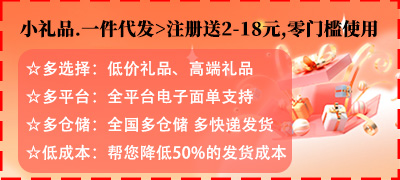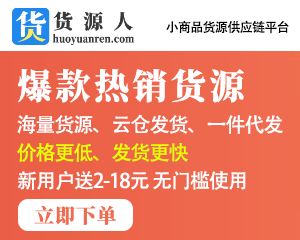unit6shopping单元整体教学设计
unit6shopping单元整体教学设计
Introduction
Shopping is an essential part of our daily lives, and it has become increasingly popular in the global market. In this unit, we will delve into the world of shopping and explore various aspects such as shopping behavior, shopping motivations, and shopping experiences. By studying this topic, students will gain a deeper understanding of the importance of shopping in our lives and how to make informed purchasing decisions.
Objectives
The objectives of this unit are threefold:
To introduce students to the basic concepts and terminology related to shopping.To help students understand the importance of shopping in our lives and how it affects our daily routines.To enable students to develop critical thinking skills and problem-solving abilities when making purchasing decisions.Key Points
The key points of this unit include:
The different types of shopping activities and their significance.The factors that influence shopping behavior, including personal preferences, social norms, and economic conditions.The benefits and drawbacks of online and offline shopping.The ethical considerations involved in shopping, such as fair trade and environmental sustainability.Teaching Strategies
To achieve these objectives, we will adopt several teaching strategies:
Case Studies: We will use real-life examples to illustrate the importance of shopping and how it affects our lives. This will help students understand the practical implications of the concepts we are learning.Group Discussions: Students will be encouraged to discuss their own shopping experiences and identify any patterns or trends in their behavior. This will encourage them to think critically about their choices and reflect on their actions.Role-Playing: Students will play different roles in simulated shopping scenarios, such as buyers, sellers, or shoppers. This will help them practice their communication and negotiation skills while also gaining a better understanding of the complexities involved in shopping.Interactive Workshops: We will organize workshops that focus on specific topics, such as sustainable shopping or ethical consumerism. These workshops will provide students with hands-on experience and reinforce the concepts they have learned in class.Assessment Methods
To evaluate students" progress and mastery of the material, we will use a combination of assessment methods:
Examinations: We will conduct quizzes and tests to assess students" knowledge of the key concepts and terminology related to shopping.Projects: Students will complete a project that requires them to analyze a real-life shopping scenario and present their findings in a written report. This will test their ability to apply what they have learned in the classroom to real-world situations.Reflection Sessions: At the end of each lesson, students will reflect on their learning and share their thoughts on the importance of shopping in their lives. This will help us gather feedback on the effectiveness of our teaching methods and identify areas for improvement.Conclusion
Shopping is an integral part of our lives, and understanding its importance can help us make more informed purchasing decisions. By studying this unit, students will gain a deeper appreciation for the world of shopping and develop the skills necessary to navigate its complexities effectively. Let us embark on this exciting journey together and discover the wonders of shopping!
本网站文章未经允许禁止转载,合作/权益/投稿 请联系平台管理员 Email:epebiz@outlook.com













